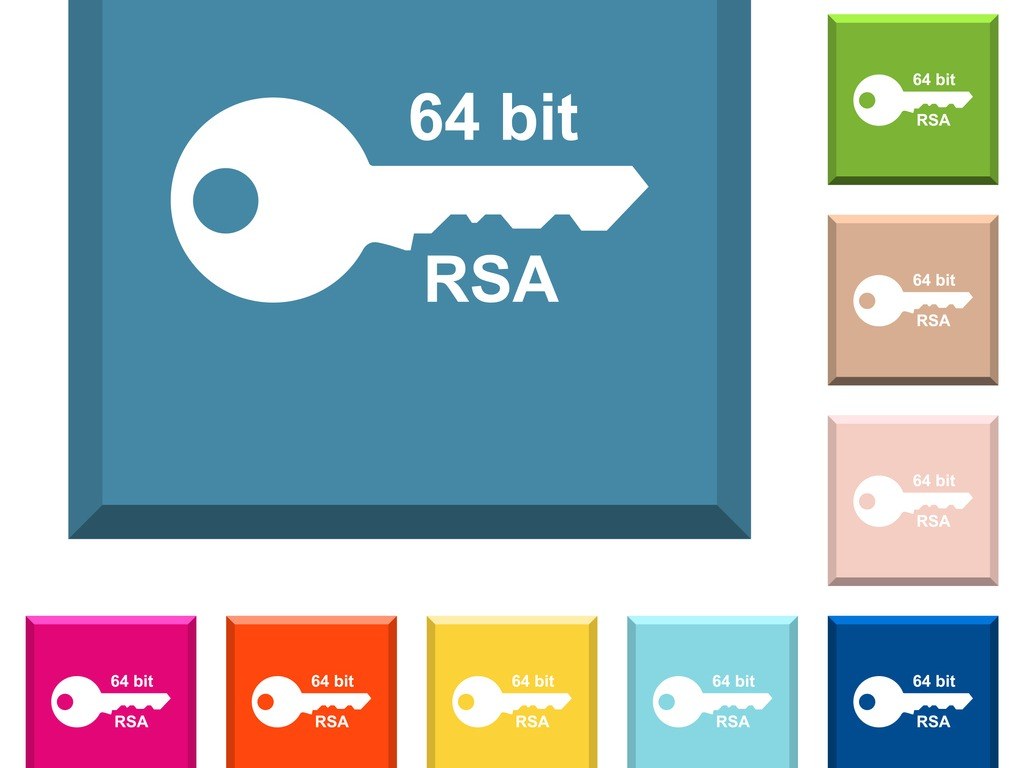-
Blog Post Mar 28, 2019
Why Automation Matters to Enterprises Using S/MIME Email Certificates
It is tempting for the enterprise to use S/MIME without automated certificate management in hopes of saving some money by requiring employees to share the burden of managing certificates - but encryption and digital signatures are the best way to ensure the integrity and privacy of email communication. Using S/MIME for encryption allows both sender and recipient to utilize their existing S/MIME capable email applications with their familiar capabilities.
-
Learn More
Machine ID a Problem: Two-Thirds of Businesses Suffer Certificate...
News Article from Sectigo
 News Article Mar 27, 2019
News Article Mar 27, 2019Tim Callan, senior fellow at Sectigo, told SC Media UK that automation of certificate lifecycle management – including renewal – is key. "A good automated platform can track certificates, notify IT professionals when they’re due to expire, and even automatically replace them with new certificates," he said.
-
Blog Post Mar 26, 2019
Why CAs Charge More for Extended Validation SSL
Extended Validation (EV) SSL certificates are one of three standard SSL certificate types issued by Certificate Authorities: DV, OV, and EV. What makes EV certificates different from the others is that they provide the highest assurance that the domain is NOT associated with a bad actor. When users see a company-branded address bar next to the URL, they can know that they are on a trusted domain.
So is an EV SSL certificate right for you? In order to determine this, it’s important to understand why the cost is higher than other certificate options, the unique value it provides, and how the issuance process works.
-
Watch Now

2 minutes
Product Video Mar 25, 2019Sectigo S/MIME Solution
Sectigo S/MIME enables both public and private S/MIME certificates to be issued from a single, cloud-based platform.
-
Download Now
Uniregistry Partner Case Study
Case Study from Sectigo
 Case Study Mar 25, 2019
Case Study Mar 25, 2019After partnering with Sectigo and expanding its product portfolio to sell SSL products, Uniregistry saw quick gains in conversions and product adoption.
-
Listen Now

EPISODE 09
Broadcast Date:
March 25, 201915 minutes
 Podcast Mar 25, 2019
Podcast Mar 25, 2019Root Causes 09: 63-bit Serial Numbers
A recently discovered flaw in common practices reveals that potentially millions of active SSL certificates fall short of cryptographic requirements.
-
Watch Now

12 minutes
Product Video Mar 21, 2019Web Host Resellers: How to Get Certificates Issued Faster
An overview of the SSL / TLS validation process including differences for DV, OV and EV authentication levels, and causes of delayed orders.
-
Watch Now

5 minutes
Product Video Mar 21, 2019Web Host Resellers: How to Add, Manage, and Delete Users
An overview of User Management master admin procedures such as managing users, permissions, purchases, reports and more.
-
Watch Now

3 minutes
Product Video Mar 21, 2019Web Host Resellers: Introduction to the Reseller Management Center
A tour of the Reseller Management Center features such as login, managing funds, prices, support, user management, order management and more.
-
Listen Now

EPISODE 08
Broadcast Date:
March 18, 201919 minutes
 Podcast Mar 18, 2019
Podcast Mar 18, 2019Root Causes 08: Free PKI Is Not Free
A "free" Microsoft CA was alluring to enterprises in the 2000s. Learn about the seven common use cases where your traditional CA no longer does the job.
-
Blog Post Mar 13, 2019
63-Bit Password Emphasizes Role of Automation in Enterprise PKI
Industry PKI experts recently have discovered a flaw in certificate generation practices that employ the commonly used EJBCA CA tool, which can result in serial numbers with 63 bits of entropy as opposed to the 64 bits required by public certificate guidelines. Episodes like this one put a spotlight on the value of automation in certificate practices. Automated capabilities enable the consistently correct maintenance, revocation, and replacement of a large number of certificates with little human interaction required.
-
Learn More
All Sectigo Public Certificates Meet 64-Bit Serial Number Requirements
Blog Post from Sectigo
 Blog Post Mar 13, 2019
Blog Post Mar 13, 2019Industry PKI experts recently have discovered a flaw in certificate generation practices that employ the commonly used EJBCA CA tool, which can result in serial numbers with 63 bits of entropy as opposed to the 64 bits required by public certificate guidelines. News reports indicate that several certificate issuers are affected. We would like to clarify that NO active public certificates from Sectigo are subject to this flaw.







